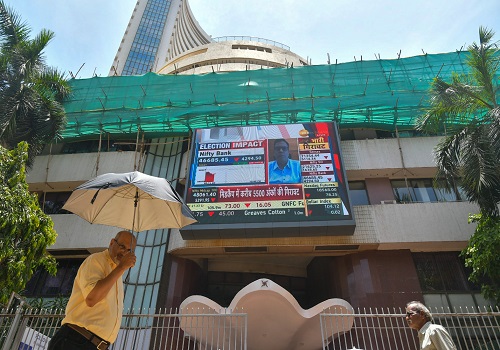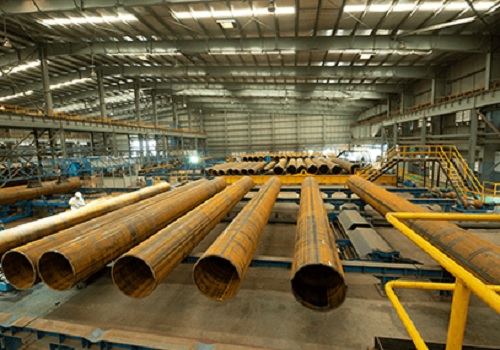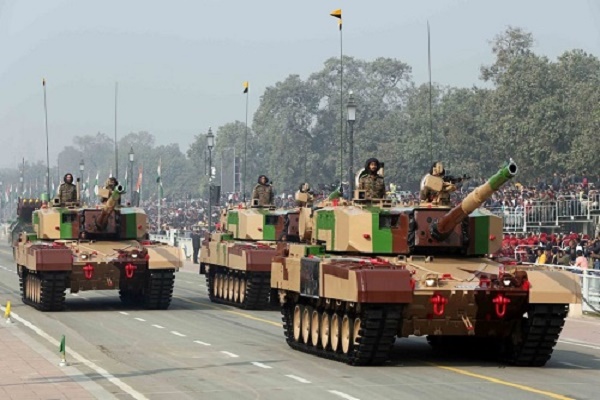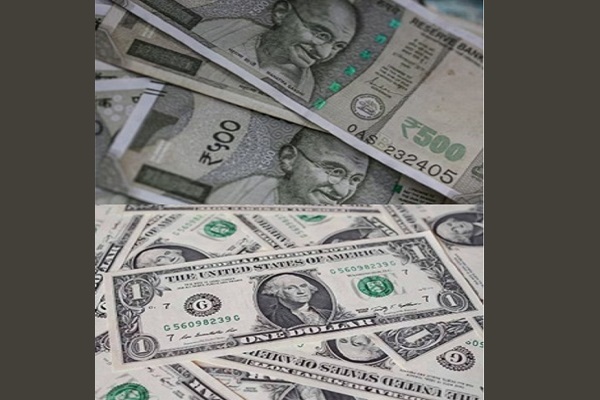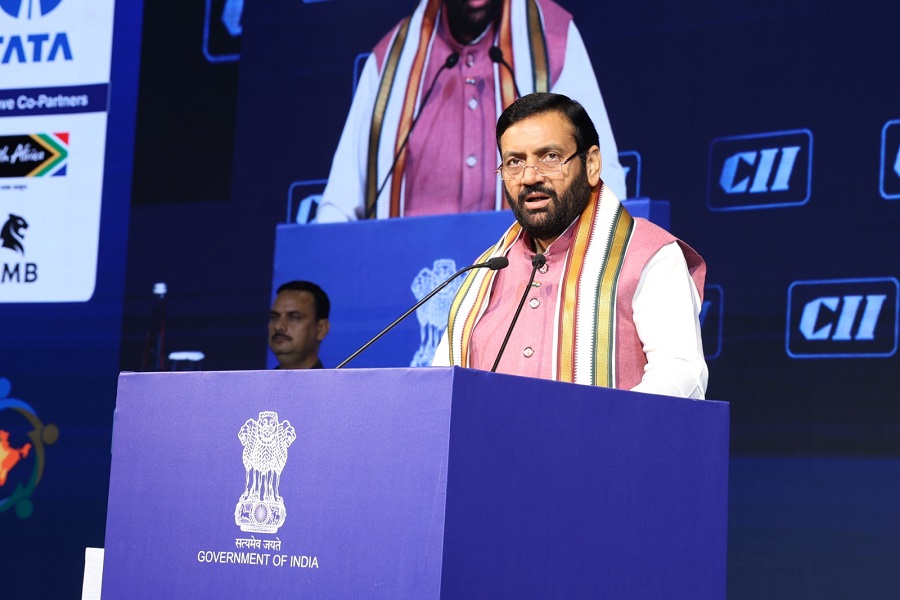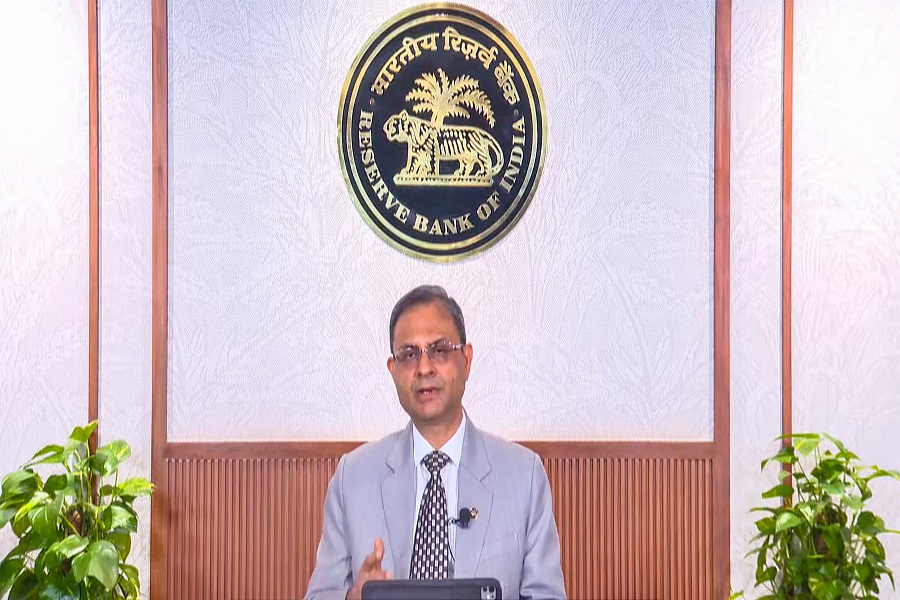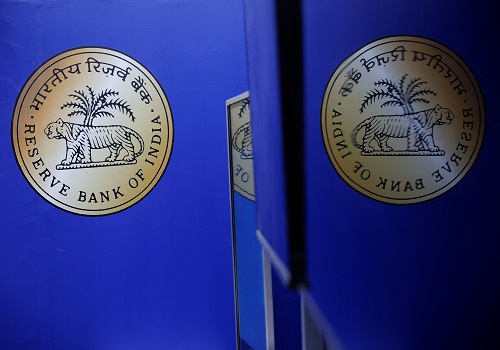Fitch affirms India`s rating at `BBB-` with stable outlook, expects US tariffs to have limited impact on growth

Fitch Ratings has affirmed India's credit rating at 'BBB-' with a stable outlook, supported by the country’s robust economic growth and solid external finances.
"India's economic outlook remains strong relative to peers, even as momentum has moderated in the past two years, said the rating agency. "We forecast GDP growth of 6.5 per cent in the fiscal year ending March 2026 (FY26), unchanged from FY25, and well above the 'BBB' median of 2.5 per cent," Fitch Ratings said in a report on Monday.
Fitch expects the direct impact of the US tariff hike on India’s GDP growth to be modest as exports to the US account for only 2 per cent of GDP. It is also of the view that the 50 per cent tariff hike by the Donald Trump administration will eventually be reduced after trade talks are completed between the two countries.
India’s economic growth, along with macro stability and improving fiscal credibility, is set to drive a steady improvement in its structural metrics, including GDP per capita. This can increase the likelihood that India's debt can trend modestly downward in the medium term, the rating agency observed.
However, the rating agency sees US President Trump's tariff hike on India as a "moderate" downside risk to its forecast and expects private investment to come down due to the uncertainty that has created.
"US tariffs are a moderate downside risk to our forecast, but are subject to a high degree of uncertainty. The Trump administration is planning to impose a 50 per cent headline tariff on India by 27th August, although we believe this will eventually be negotiated lower," Fitch Ratings said.
The rating agency said that domestic demand will remain solid, on the back of the ongoing public capex drive and steady private consumption. However, private investment is likely to remain moderate against the backdrop of higher US tariff risks.
The report also stated that India's fiscal metrics are a 'credit weakness', with high deficits, debt, and debt service compared with 'BBB' peers. The lagging structural metrics of governance indicators and GDP per capita, too, are a constraint on the rating.

